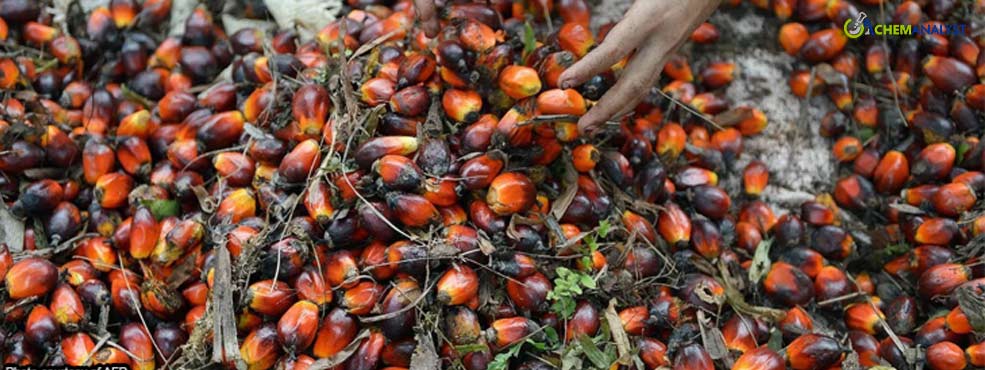Welcome To ChemAnalyst

On Wednesday, Malaysia made an announcement regarding its stance on the recent World Trade Organization (WTO) ruling concerning biodiesel derived from palm oil and its classification as a renewable biofuel within the European Union (EU). The WTO upheld the EU's position that palm oil-based biodiesel should not be considered renewable. However, Malaysia is seeking alterations to the implementation of this decision by the EU. This development comes amidst Malaysia's efforts to address concerns over the perceived discriminatory nature of the EU's renewable energy directive. Let's delve deeper into the implications and the stance of Malaysia in light of this ruling.
Malaysia, being the world's second-largest producer of palm oil, has long contested the EU's renewable energy directive, which casts palm oil-based biofuels as non-renewable transport fuel. The directive sets a course for the gradual phase-out of palm oil-derived fuels by 2030, citing concerns over deforestation caused by palm oil cultivation. In response to what it perceives as discriminatory regulations, Malaysia sought recourse through the WTO, urging an investigation into the EU's restrictions on palm oil-based biofuels.
In a landmark decision related to deforestation, a WTO adjudicating panel rendered its verdict, rejecting Malaysia's objections against the EU's classification of palm oil-based biodiesel. However, the panel did acknowledge certain procedural concerns regarding the preparation, publication, and administration of the EU's measures. While the ruling mandates adjustments by the EU to address these procedural issues, it does not compel the withdrawal of the measures themselves. This outcome underscores the complex interplay between international trade rules and environmental policies.
In response to the WTO ruling, Malaysia has affirmed its commitment to closely monitor the EU's response and any subsequent modifications made to align with the WTO's findings. The Malaysian government emphasizes its readiness to initiate compliance procedures if deemed necessary. This proactive approach reflects Malaysia's determination to safeguard the interests of its palm oil industry amidst evolving global trade dynamics.
The EU's renewable energy directive, while aimed at promoting sustainability, has been a source of contention for palm oil-producing nations like Malaysia. By categorizing palm oil-based biofuels as non-renewable, the directive has implications for the palm oil industry's market access and competitiveness in the EU. Malaysia views these measures as discriminatory and detrimental to its economic interests, prompting its recourse to international trade mechanisms for resolution.
The WTO ruling identified shortcomings in the EU's regulations concerning indirect land use change attributed to palm oil cultivation. Additionally, the panel criticized the bloc's approach to notifying and consulting with other economies when implementing new trade measures. These findings validate Malaysia's claims of discrimination and underscore the need for a fair and transparent regulatory framework in international trade.
As Malaysia navigates the aftermath of the WTO ruling, the focus shifts towards constructive engagement with the EU to address concerns and foster a mutually beneficial resolution. Malaysia advocates for a balanced approach that acknowledges environmental considerations while ensuring equitable treatment of palm oil-producing nations. Moving forward, Malaysia remains committed to upholding the interests of its palm oil industry and fostering sustainable trade relations on the global stage.
We use cookies to deliver the best possible experience on our website. To learn more, visit our Privacy Policy. By continuing to use this site or by closing this box, you consent to our use of cookies. More info.
